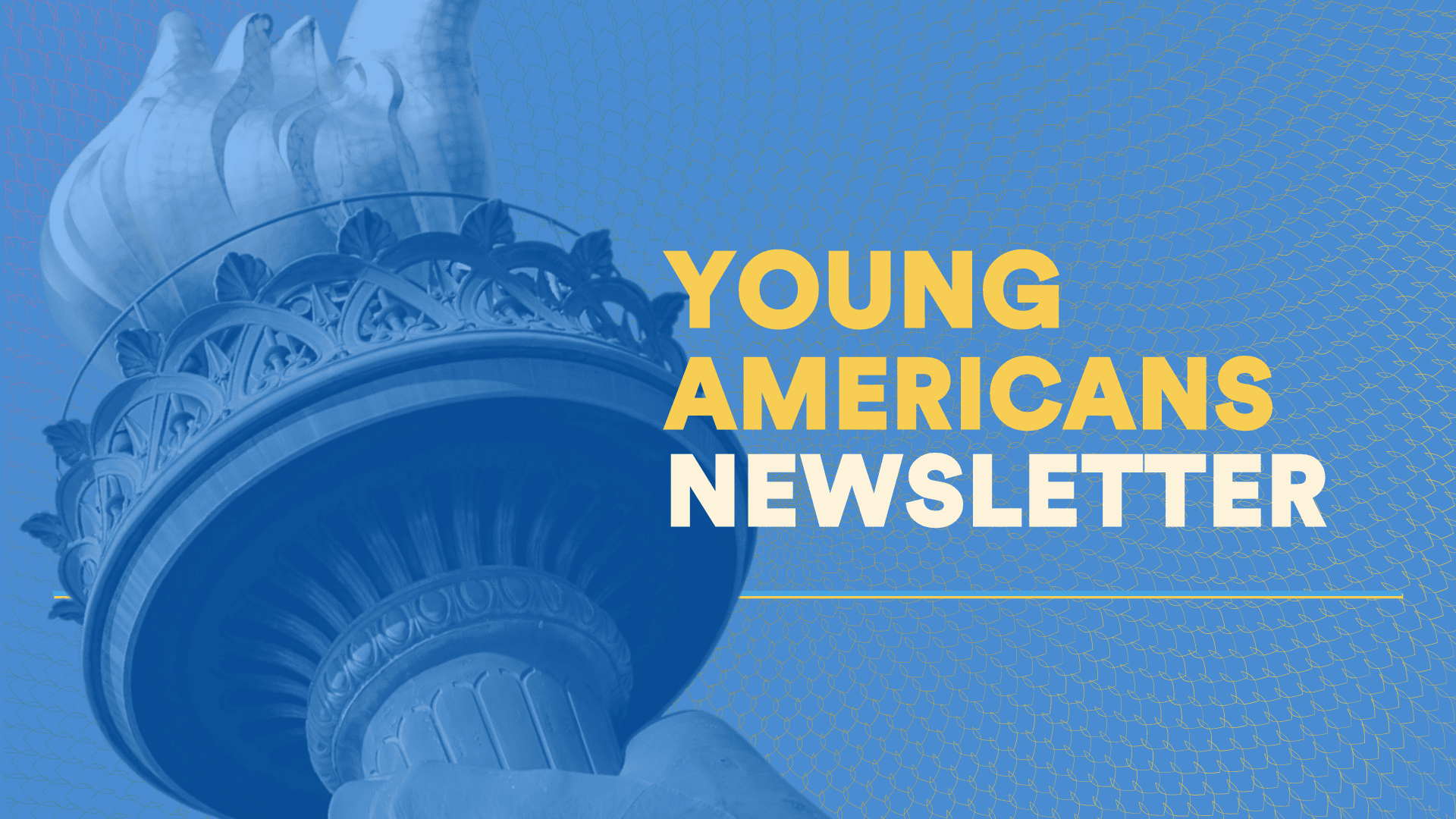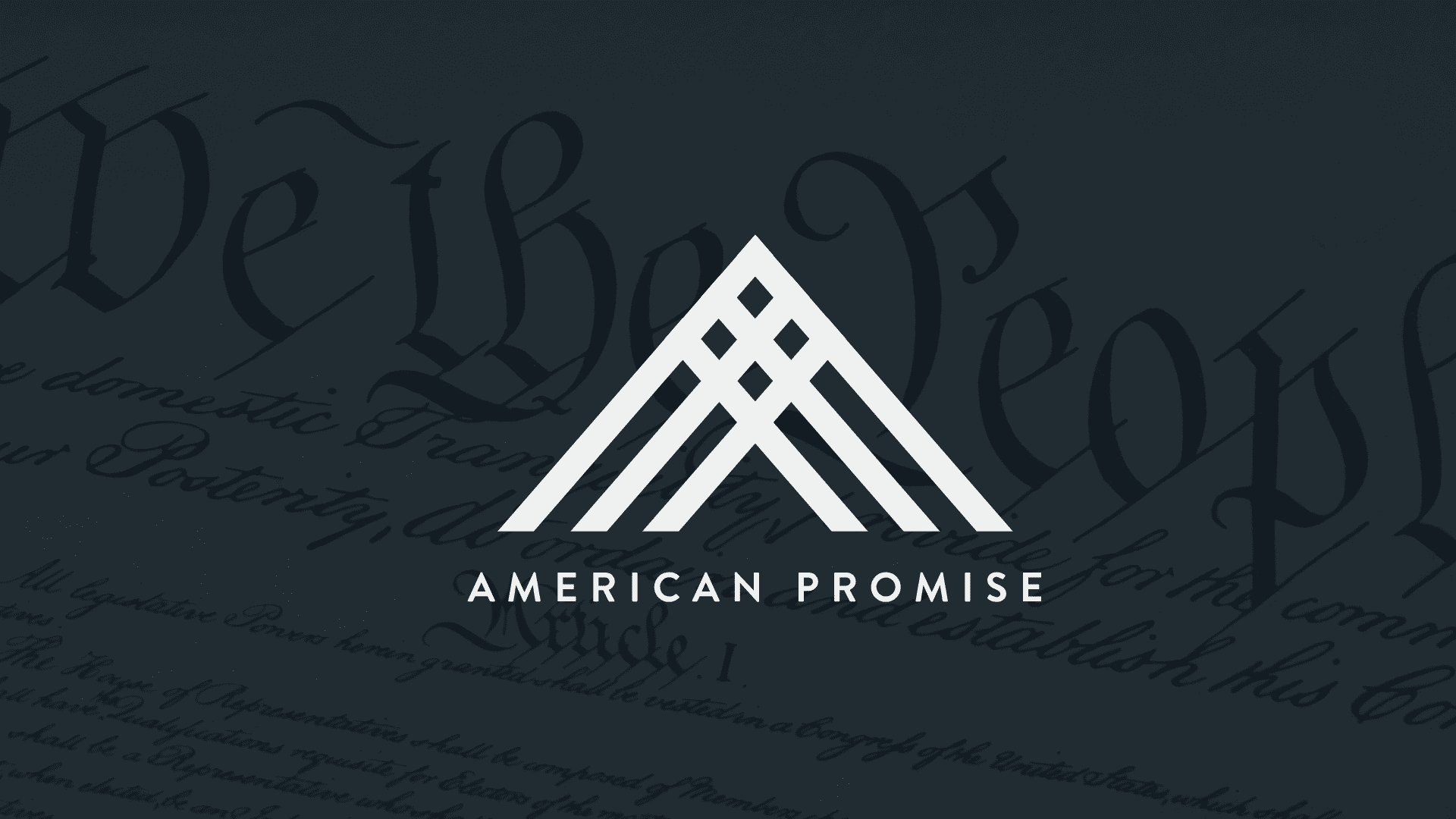This post is submitted by Fernando Rivera, a member of American Promise’s Young Americans Council.
Over a decade has passed since the U.S. Supreme Court’s decision in Citizens United v. Federal Election Commission, a ruling that reshaped American politics by allowing corporations and special interest groups to spend unlimited amounts on elections. This decision flooded the political system with money, amplifying the voices of wealthy corporations and special interests while drowning out the voices of everyday Americans. As a result, American democracy now faces a crisis of increased political inequality, rampant dark money and public distrust in the integrity of our elections.
The For Our Freedom Amendment offers a pathway to address these issues and restore balance to our democracy. Its foundation lies in a commitment to popular sovereignty, the idea that power originates from “We the People”—not corporations or wealthy individuals.
Under the current system, the Supreme Court serves as the ultimate arbiter of campaign finance rules, often tying the hands of state and federal legislators who wish to reduce the influence of big money in politics. The For Our Freedom Amendment will change this dynamic. To empower citizens and legislators to act on these principles, the amendment challenges outdated judicial interpretations that have prevented meaningful campaign finance reform. Decisions like Buckley v. Valeo and Citizens United framed money as “speech” and restricted the power of Congress and state legislatures to limit political spending. To protect future campaign finance reform from getting struck down in judicial review, an amendment is the best insurance we can have. It solidifies the reforms at the constitutional level, placing them beyond the reach of shifting court interpretations. With an amendment, the American people and their representatives—not the courts—set the boundaries on money in politics.
Section Three explicitly grants Congress and the states authority to implement the amendment and to distinguish between natural persons and artificial entities in campaign finance. This distinction is critical, as it permits regulations that curb corporate and foreign spending without infringing on individual rights. Such measures would foster a political landscape where candidates prioritize engaging directly with constituents rather than courting wealthy donors.
Ultimately, the For Our Freedom Amendment is about restoring trust and legitimacy to American democracy. By empowering citizens and their representatives to regulate campaign finance, it offers a path toward reducing corruption and reinforcing a system where every voice counts. This amendment invites us to move beyond the constraints of court rulings and reclaim our political system for the people, ensuring that future generations inherit a democracy that truly reflects the will of all Americans.




